People

Director, Cybersecurity Center for Research and Education
Professor, Computer Science
College of Sciences
Area: Systems and Network Security
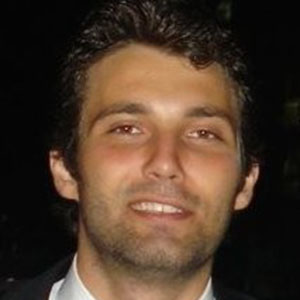
Associate Professor, Computer Engineering
College of Engineering
Area: Embedded Systems Security
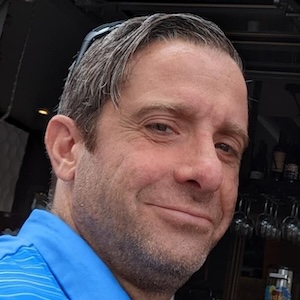
Lecturer, Computer Science
College of Sciences
Area: CTF and Cyberdefense

Assistant Professor, Computer Science
College of Sciences
Area: Privacy Enhancing Technologies

Assistant Professor, Math
College of Sciences
Area: Cybersecurity Education
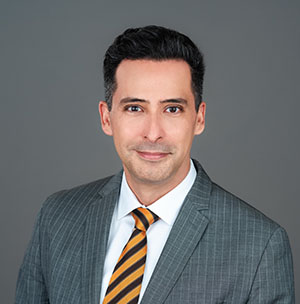
Assistant Professor, Management Information Systems
Fowler College of Business
Area: AI and Data Science for Cybersecurity

Ricardo Fitipaldi
Chief Information Security Officer
Information Technology Security Office
Area: IT Security

Co-Director, Graduate Program in Homeland Security
College of Sciences
Area: Cyber Threat Analysis and Critical Infrastructure Security
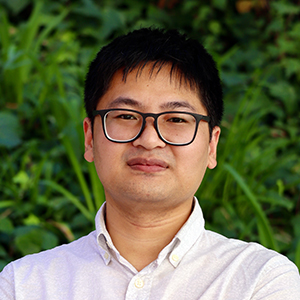
Assistant Professor, Computer Science
College of Sciences
Area: Blockchain Security
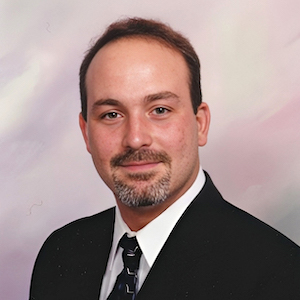
Assistant Professor, Electrical and Computer Engineering
College of Engineering
Area: IoT/CPS and Hardware Security
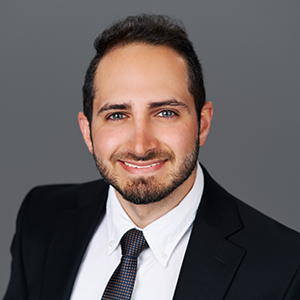
Assistant Professor, Management Information Systems
Fowler College of Business
Area: IoT, Cyberthreat Intelligence, and Measurement
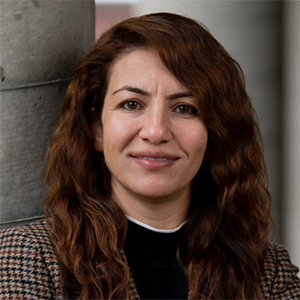
Associate Professor, Computer Science
College of Sciences
Area: Robust and Trustworthy AI

Professor, Management Information Systems
Fowler College of Business
Area: Cybersecurity Management
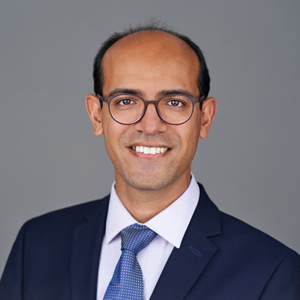
Assistant Professor, Management Information Systems
Fowler College of Business
Area: ML for Cybersecurity
